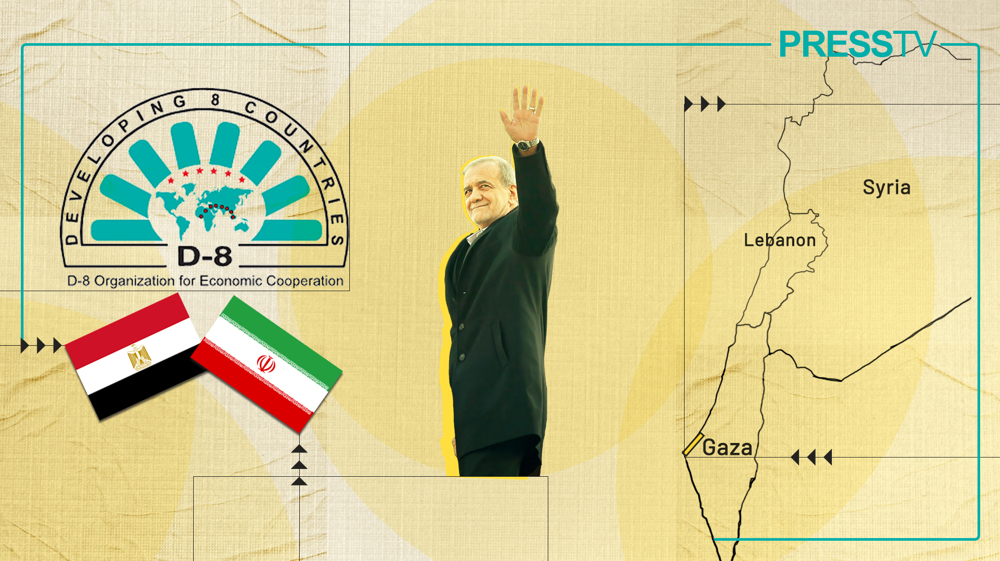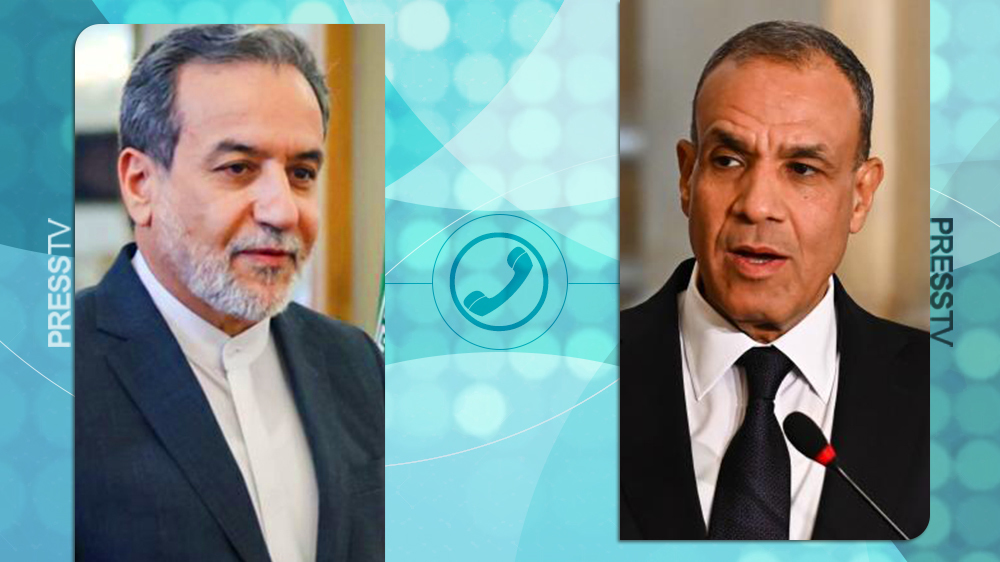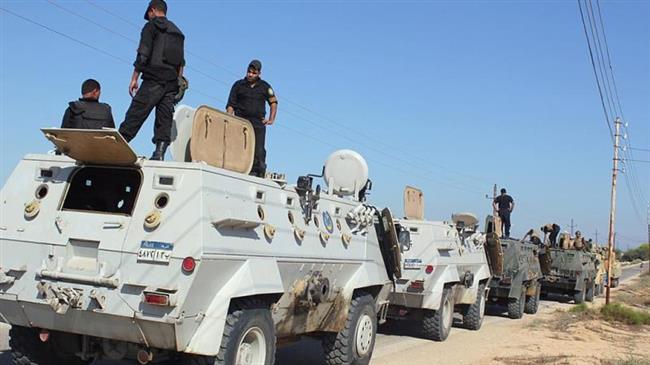Egypt police kill 19 terror suspects linked to recent attack on Coptic Christians
Egyptian security forces have killed 19 terror suspects purportedly linked to a deadly attack on the country’s Coptic Christians.
According to a statement by the Ministry of Interior of Egypt on Sunday, those killed in an intense exchange of fire with police forces were part of a cell that claimed the lives of seven Coptic pilgrims in Friday's attack in Minya province.
“The terrorist elements opened fire on the (security) forces who responded,” it further read.
Minya’s archbishop said 14 people were also injured in the assault, where a bus heading towards St. Samuel the Confessor monastery in the province, 260 kilometers south of Cairo.
The Takfiri Daesh terrorist group claimed responsibility for the assault, which occurred almost at the exact location of a similar attack in May last year by the terrorists that killed 28 Coptic Christians.
The 19 suspected terrorists were found “as part of a pursuit of terrorist elements involved in carrying out hostile operations in the country, including the last armed attack which targeted citizens returning from the Saint Samuel monastery”, the ministry further said.
It added that raid on terrorists had been undertaken in the mountainous western desert of Minya province in a bid to track down the “fugitive terrorist elements.”
Coptic Christians make up about 10 percent of Egypt's predominantly Sunni Muslim population of some 100 million.
The terror group also killed at least 45 people in twin church bombings in April 2017, and a Daesh gunman also killed nine people in an attack on a church in south Cairo suburb last December.

Last month, Egypt's parliament voted to extend a state of emergency in the country for yet another three months, prolonging the authorities’ ability to use special powers into 2019.
Cairo first imposed a state of emergency following the April 2017 massacre by Daesh, and has extended it at three-month intervals ever since.
Furthermore, over the past few years, terrorists have been carrying out anti-government activities and fatal attacks, taking advantage of the turmoil in Egypt that erupted after the country’s first democratically-elected president, Mohamed Morsi, was ousted in July 2013 through a military coup led by incumbent President Abdel Fattah el-Sisi.
The Velayat Sinai group, which is affiliated with Daesh, has claimed responsibility for most of the assaults. The group later expanded its attacks to target members of Egypt’s Coptic Christian community as well as foreigners visiting the country, prompting Cairo to widen a controversial crackdown, which critics say has mostly targeted dissidents.
The Sinai Peninsula, which is home to Velayat Sinai group, has been under a state of emergency since October 2014, after a deadly terrorist attack left 33 Egyptian soldiers dead.
Tehran rejects Elon Musk’s role in release of Italian journalist as ‘media fantasy’
Pezeshkian: Iran open to talks but prepared to crush enemy if attacked
Araghchi: Iran-Russia strategic deal step toward ‘more just world’
UNRWA unraveled amid Israel's allegations, reduced intl. support
Palestinian journalist, a Sobh Media Festival awardee, killed in Gaza hours before truce
Jan. 15: ‘Axis of Resistance’ operations against Israeli occupation
VIDEO | Fears, hope in Gaza amid intensified ceasefire efforts
VIDEO | Press TV's news headlines
















 This makes it easy to access the Press TV website
This makes it easy to access the Press TV website